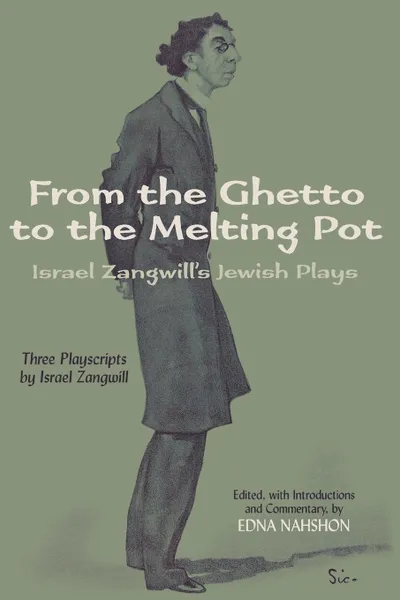From the Ghetto to the Melting Pot. Israel Zangwill.s Jewish Plays 14+
Автор: Israel Zangwill
576 страниц
Категория: Литература на иностранных языках
ISBN: 9780814329559
Язык: Английский
📖 In his historic play The Melting Pot, Israel Zangwill (1864–1926) introduced into our discourse a potent metaphor that for nearly a hundred years has served as a key definition of the United States. The play, enthusiastically espoused by President Theodore Roosevelt, to whom it was dedicated, offered a grand vision of America as a dynamic process of ethnic and racial amalgamation. By his own admission, The Melting Pot grew out of Zangwill’s intense involvement in issues of Jewish immigration and resettlement and was grounded in his interpretation of Jewish history.Zangwill, Anglo Jewry’s most renowned writer, began writing seriously for the stage in the late 1890s. At the time, the negative stereotype of the so-called Stage Jew was still deeply entrenched in the theatrical mainstream, so much so that Jewish playwrights writing for the English-language stage avoided altogether the portrayal of Jewish life. Zangwill shattered this silence in 1899 with the American premiere of Children of the Ghetto—his first full-length drama, and the first English-language play devoted in its entirety to the depiction of Jewish life in an authentic and positive fashion. The play’s groundbreaking production drew tremendous attention and generated heated debates, but since the script was never published, the memory of the passions it generated dimmed, and its whereabouts eventually became unknown. After more than a century, theater historian Edna Nahshon has discovered the original manuscript of...
Мнения
